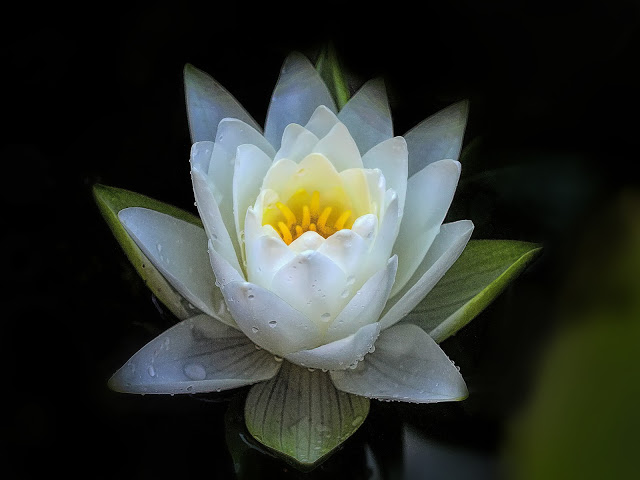
Virginity has been making the news a lot lately.
The Atlantic’s article, “Living Myths About Virginity,” touches on the many misconceptions society has about “the first time.”
The singer Katy Perry recently gave an interview to GQ where she mentions how she lost her virginity in a Volvo. Celebrity gossip sites discuss who is no longer a virgin and just who it was they lost it to. While at first I wondered why these were stories at all, I became more disturbed (and also curious) by the idea that virginity is something that can be “taken” or “lost.”
While I am no stranger to this sort of odd inquiry (I have an M.A. in Philosophy), I frequently turn to language and etymology for these sorts of answers. The word etymology comes from the Greek eteos meaning “true” and –logia meaning “study of.” Etymologies are not definitions, but instead are explanations of a word’s origin. They often reveal a meaning from the past that has sometimes changed drastically from our modern-day usage.
I was delighted to learn that the word virginity, is one such example. While we think about virginity as meaning never having had sex, the word virgin was not always linked to chastity. In many Greek translations, the word virgin meant “one unto herself.” Latin translations add to the confusion as the word virgo means “unmarried” and virgo intacta refers specifically to a lack of sexual experience. Our modern day definition of virginity identifies closely with the phrase virgo intacta instead of virgo.
The Latin and Greek etymologies refer to a virgin as not belonging to any man, but instead to herself.
In the book “The Sacred Prostitute”, Nancy Qualis-Corbett states, “Although she may be married, her husband is viewed as a consort.” A virgin in this sense is free, unconstrained, self-sufficient, and more importantly, un-owned by a man—as marriage used to suggest. Qualls-Corbett goes on to say that the virgin is true to her own nature and instinct as well as “untouched by man, or…the laws of man.”
Marion Woodman and Elinor Dickenson explain in their book, “Dancing in the Flames,” that the virgin stands on the shoulders of patriarchy saying, “This is who I am and this is what I want.” They further point out that the virgin is “Like the virgin forest, she is full of her own life force, full of potential, and pregnant.”
In a version of a story about the Virgin Mary, Mary was an unmarried woman, one so powerfully herself that her identity was not shaped by her relationship to Joseph. Without the religious lens of chastity and viewing it with a more symbolic connotation, calling her the Virgin Mary results in a completely different definition. This new/old definition of virgin describes a virginal woman as someone who is self-possessed. She is whole, complete, and grounded in her own femininity and unfettered by man-made laws.
However, the word virgin does not just apply to women. Since we possess both masculine and feminine energies, men also must examine their own relationship to virginity as their inner feminine. The Jungian term for this is anima, the feeling side of a man which leads him towards deeper creativity and life. Being connected to the anima allows for a more whole and balanced man. It prevents them from projecting their emotions onto a partner by forcing them to take ownership of those emotions.
Man or woman, straight or gay, I challenge all of us to own our virginity regardless of whether or not we have had sex.
It is an inward experience and attitude that has nothing to do with a physical state. Catholic mystic Thomas Merton calls it the pointe vierge, or the place within us that cannot be shared with anyone else. When referring to the female virgin, Qualls-Corbett explains it best when she says,
“She is not dependent on the reactions of others to define her own being. The virginal woman is not just a counterpart to the male, whether father, lover or husband. She stands as an equal in her own right.”
As I suspected, virginity was not always something that a man could “take” or something a woman could “give away.” Virginity belongs to each of us as an expression of wholeness and divinity.
Finally, years after “losing” my virginity, I feel ready to claim it back for myself and share it with no one.
Love elephant and want to go steady?
Sign up for our (curated) daily and weekly newsletters!
Editorial Assistant: Carrie Marzo/Editor: Bryonie Wise
Photo: Nikola Vlahov/Pixoto






Read 0 comments and reply